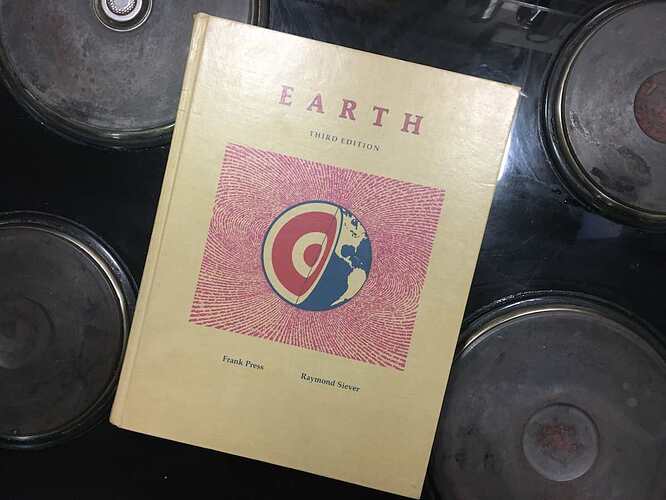Michelle Harrison (Thompson Rivers University), Tannis Morgan (Vancouver Community College), Irwin Devries (Thompson Rivers University), Michael Paskevicius (University of Victoria)
The UNESCO recommendation of “encouraging effective, inclusive and equitable access to quality OER” signals an evolution of the OER movement to more explicitly and conscientiously consider both epistemic and representational justice. The broader movement towards open education, including open educational resources (OER), open educational practice (OEP), open-source, and open access, has provided us with new ways of designing learning experiences in higher education, but at the same time has been mapped onto many of our existing legacy artefacts and systems, such as textbooks, design processes, and traditional course publishing models. As learning design professionals and faculty strive to adopt OEP, including more collaborative and open ways of sharing, there is recognition that many of the traditional tools and spaces that shape our educational systems will not meet these pedagogical and epistemological shifts. The traditional textbook form can lack the interactivity, agency, and accessibility needed to enable spaces that honour multiple voices and perspectives, co-create knowledge and challenge traditional roles and hierarchies supported in open pedagogical approaches. For this project, we have adopted a critical lens to investigate educators' understanding of both traditional and alternative textbook forms, and examine how critical instructional design and open pedagogy may call for a rethinking. In addition, we are hoping to build a model for an “untextbook” that aims to include multiple perspectives and participatory architectures that allow for diverse voices and knowledge co-creation. A prototype platform is under development that is focused on inviting/honouring multiple voices and decentering and co-constructing knowledge. In this interactive workshop we invite participants to become active contributors to this open platform and resource development, by engaging with the current platform/resource, contributing voices/ideas and providing feedback on the experience and model in an active discussion activity.
Extended abstract: OE_Global_2021_paper_126.pdf 📄
Activity Details
UNESCO OER Action Area: Inclusive and equitable OER
Format: Asynchronous Interactive Activity
Language: English
Participate
This activity can be completed at any time during (or after) the conference.
Instructions and materials for the activity will be added below by the authors. They will provide specific details on how to participate and what to share back as a response to the activity.
